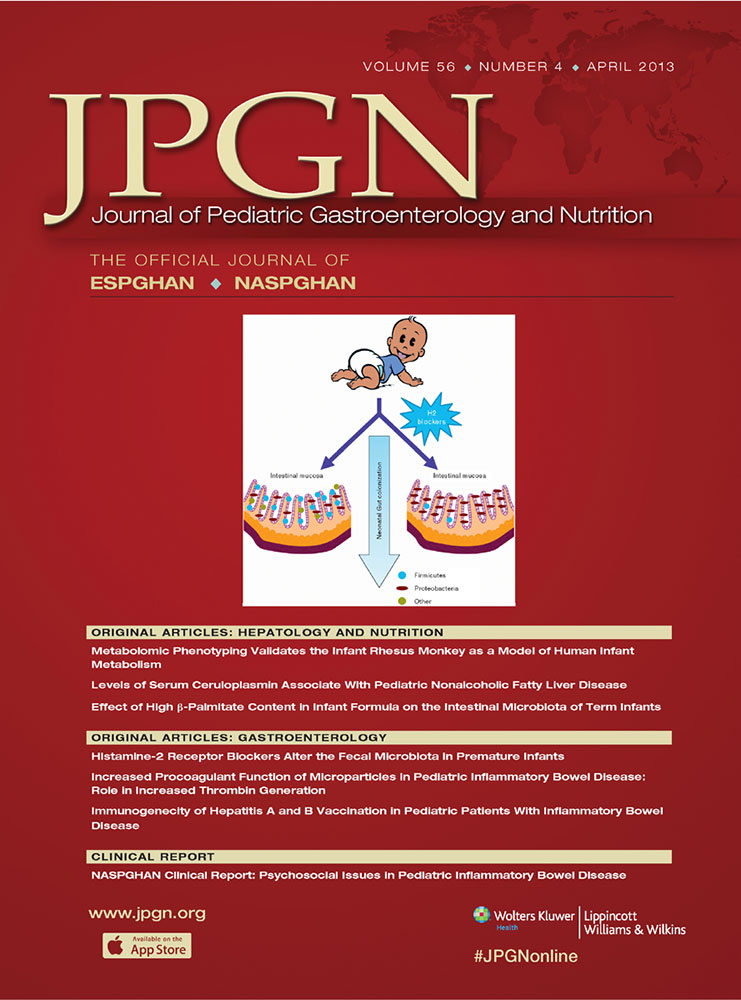Effect of Prolonged Refrigeration on the Lipid Profile, Lipase Activity, and Oxidative Status of Human Milk
Supplemental digital content is available for this article. Direct URL citations appear in the printed text and are provided in the HTML and PDF versions of this article on the journal's Website (www.jpgn.org).
The study was supported by the Italian Association of Human Milk Banks.
The authors report no conflicts of interest.
ABSTRACT
Objective:
The study was aimed at evaluating the effect of prolonged refrigeration of fresh human milk (HM) on its fatty acid profile, free fatty acid content, lipase activities, and oxidative status.
Methods:
HM from mothers of preterm newborns was collected, pooled, and placed in the neonatal intensive care unit (NICU) refrigerator. Pooled milk was aliquoted and analyzed within 3 hours of collection, and after 24, 48, 72, and 96 hours of storage. The milk samples were analyzed for pH, total and free fatty acid profile, lipase activity at room temperature and at 4°C, lipase activity at room temperature in presence of sodium cholate (bile salt–dependent lipase), total antioxidant capacity, thiobarbituric acid reactive species, malondialdehyde, and conjugated diene concentration. The experiment was replicated in 3 independent trials.
Results:
Prolonged refrigeration did not affect the fatty acid composition of breast milk, and preserved both its overall oxidative status and the activity of HM lipolytic enzymes. In particular, bile salt–dependent lipase activity, long-chain polyunsaturated fatty acids, and medium-chain saturated fatty acid concentrations were unaffected for up to 96 hours of refrigerated storage.
Conclusions:
Prolonged refrigeration of fresh HM for 96 hours maintained its overall lipid composition. The limited lipolysis during storage should be ascribed to the activity of lipoprotein lipase, responsible for the decrease in pH. Our study demonstrates that infants who receive expressed milk stored for up to 96 hours receive essentially the same supply of fatty acids and active lipases as do infants fed directly at the breast.




